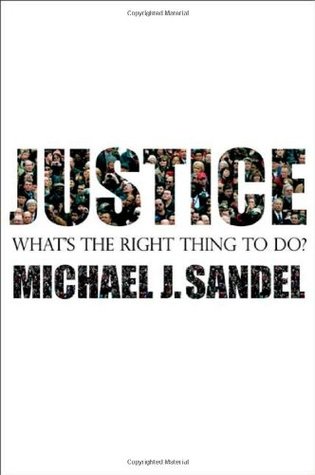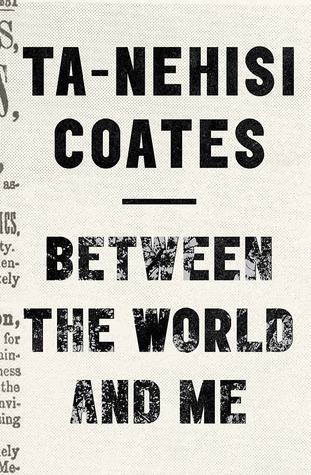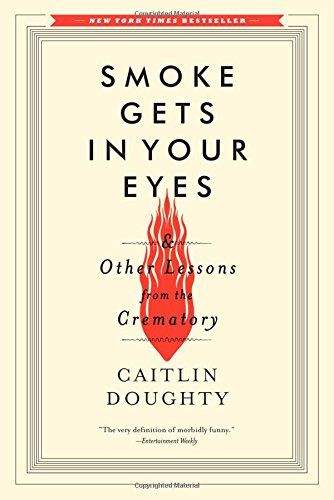Justice is a look at major political philosophies from the greats, written by an American political philosopher and government professor at Harvard. He explains the views of Aristotle, Kant and Rawls in relation to issues dealt with in America today such as abortion, inequality, restitution, and affirmative action. Naturally, he injects his own philosophies and offers critiques of his predecessors. Farrar, Straus and Giroux | January, 2009 | Paperback | 320 pp
I’m not an experienced reader when it comes to philosophy or discourse on political and societal constructs. I was a bit worried that this book would be way over my head. Surprisingly, I found it to be easy to read and understand. Michael J. Sandel truly is a professor at heart. He is a teacher, and through this book – he teaches the layman on the great philosophies that have been debated for hundreds of years using examples we can easily understand. I find myself a little smarter this week.
In Justice, Sandel discusses utilitarianism, libertarianism, and other forms of government constructs in the pursuit of “the good life”. One of the big questions discussed is how do we mandate morality? What is the right thing to do and can we legislate virtue? Who decides what is right and what is wrong? These are concepts that utilitarianism and libertarianism try to handle. In utilitarianism, the needs of the many outweigh the needs of the few, and in libertarianism, the freedom of the individual is essential. But how do we come together, with opposing viewpoints, to create a social contract?
I enjoyed the philosopher Rawles’ proposal of a truly fair social contract. It was definitely food for thought:
“Suppose that when we gather to choose the principles, we don’t know where we will wind up in society. Imagine that we choose behind a “veil of ignorance” that temporarily prevents us from knowing anything about who in particular we are. We don’t know our class or gender, our race or ethnicity, our political opinions or religious convictions. Nor do we know our advantages or disadvantages – whether we are healthy or frail, highly educated or a high-school dropout, born to a supportive family or a broken one. If no one knew any of these things, we would choose, in effect, from an original position of equality. Since no one would have a superior bargaining position, the principles we would agree to would be just.”
Although this is an impossible feat in a literal sense, it’s a good tool to use when mentally debating the pros and cons of sensitive issues up for a vote.
Many extremely polarized issues were discussed such as the legitimacy of affirmative action and the bolstering of diversity in colleges. He included the famous court case of a white woman rejected from law school where many minorities with lower scores had been accepted. In an effort to gain more African Americans, many universities and colleges, including this Texas college involved, dramatically lowered qualifying standards just for African Americans. Is that fair? Is it fair to set standards based on race? He makes an interesting case for affirmative action with points I’ve never heard, such as the existence of many more factors pointing to “potential” other than test scores.
As many agree, and testament to the social contract above, it shouldn’t matter what your gender, race, ethnicity, creed, nationality, and sexual orientation is: we should all be afforded the same amount of respect and right to happiness. But I find the author backpedaling when it comes to reparations and national/state apologies. He seems to say that it does indeed matter where you are born, or to whom, in this case. He calls this the obligation of solidarity, or membership.
“Unlike natural choices, obligations of solidarity are particular, not universal; they involve moral responsibilities we owe, not to rational beings as such, but to those with whom we share a certain history. But unlike voluntary obligations, they do not depend on an act of consent.”
In this case, the author is discussing apologies for the wrongs of our ancestors. For example, should a white German today apologize for the murders of the Jews his ancestors may or may not have been involved in? Should the United States offer restitution to the African American community for the hundreds of years of enslavement? He’s not really talking about the nations or states as a whole, but the individual. In this case, he’s saying that although we can’t help what body we’re born into, we don’t have the freedom to make up our own minds on this issue because we owe certain obligations to our “membership”. This makes no sense to me. I’m not saying that I agree or disagree with the issue, but I’m confused with the fact that he seems to twist concepts to fit his agenda. It doesn’t matter to whom and where we are born – except, apparently, in this case. For example, if I had been born to a family under ISIS rule, does that mean I’m obligated to take up their fight? Certainly not.
Justice is an enlightening read that will make you ponder the very meaning of democracy and how it can always be improved upon.
Justice: What’s the Right Thing to Do?
by Michael J. Sandel




